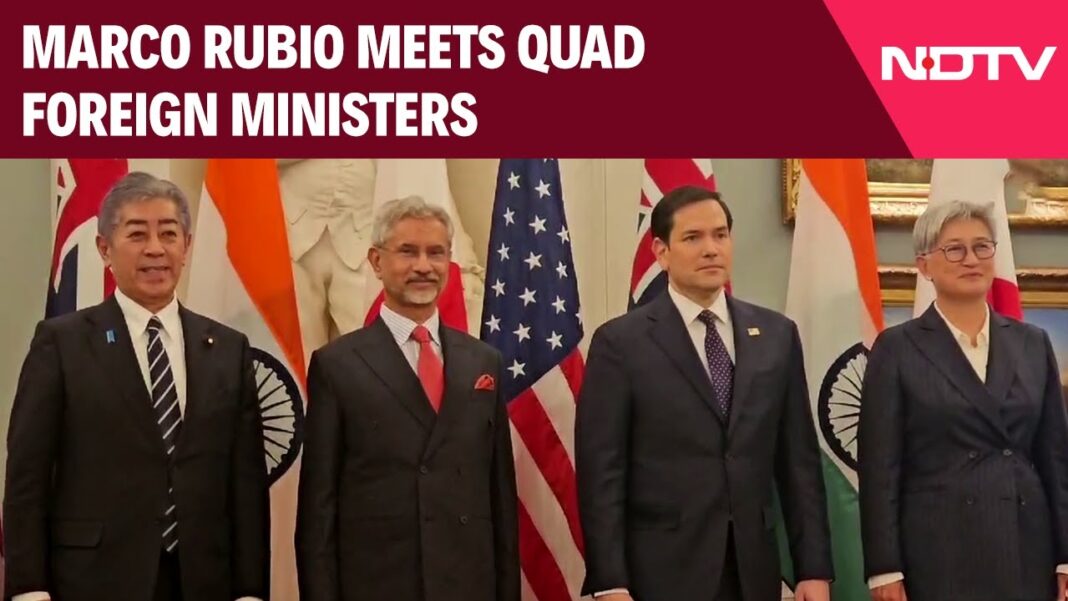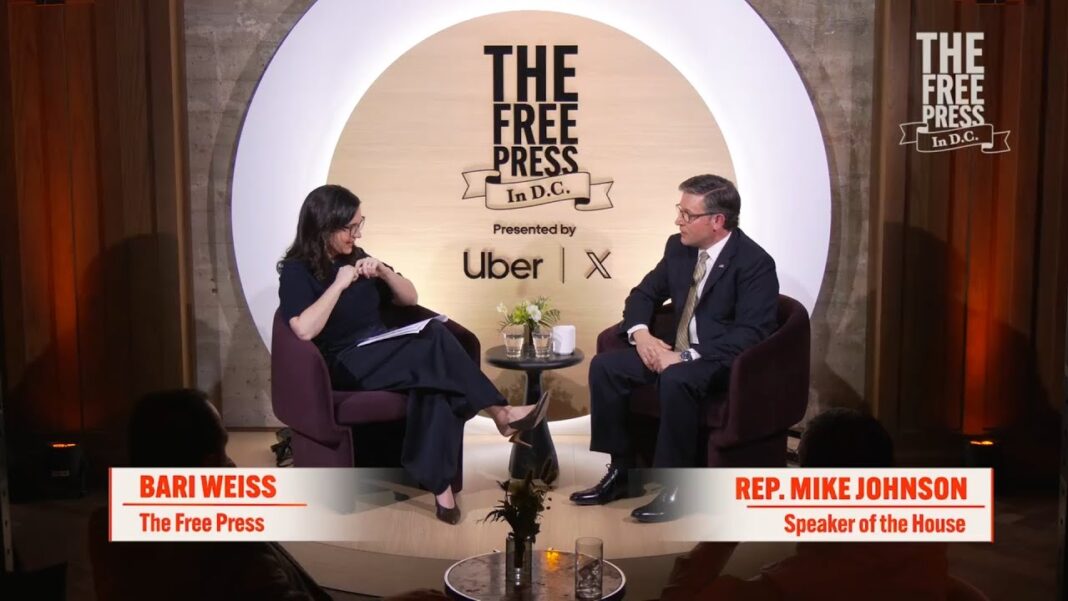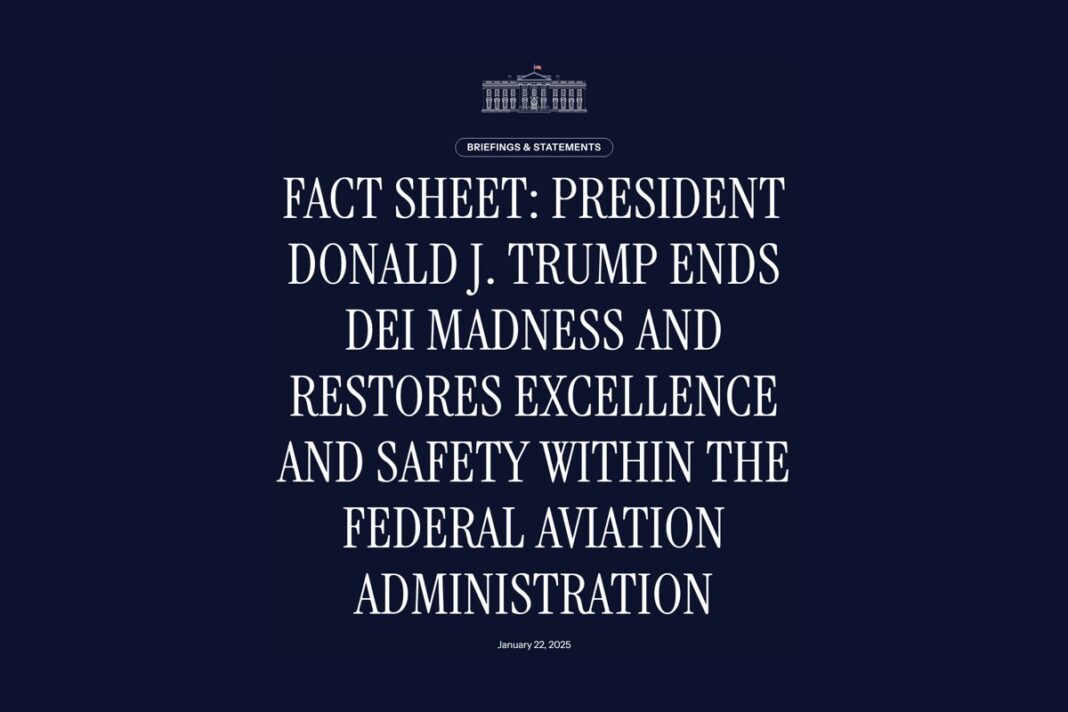The partnership is a key component in the U.S. strategy to counter communist China’s influence in the Indo-Pacific.
WASHINGTON—Newly sworn-in U.S. Secretary of State Marco Rubio spent his first day on the job engaging with his peers from Australia, India, and Japan—a grouping of four that share concerns about the growing challenges from communist China.
The partnership, known as the Quad or the Quadrilateral Security Dialogue, has been around for nearly two decades. It has played an increasingly visible role in countering Beijing’s influence in the Indo-Pacific region, pushing back on the regime’s territorial claims in the South China Sea and pledging to advance cybersecurity cooperation to secure critical infrastructure and supply chains.
The four countries put out a short joint statement the evening of Jan. 21 reaffirming their shared commitment to strengthening a free and open Indo-Pacific “where the rule of law, democratic values, sovereignty, and territorial integrity are upheld and defended.”
“Our four nations maintain our conviction that international law, economic opportunity, peace, stability, and security in all domains including the maritime domain underpin the development and prosperity of the peoples of the Indo-Pacific,” the statement read. “We also strongly oppose any unilateral actions that seek to change the status quo by force or coercion.”
The Quad said its focus includes “regional maritime, economic, and technology security in the face of increasing threats, as well as promoting reliable and resilient supply chains.”
The members said they will meet on a regular basis in the coming months while preparing for the next Quad Leaders’ Summit hosted by India.
The three countries’ foreign ministers, who Rubio met separately, met over the weekend before attending President Donald Trump’s inauguration.
Australian Foreign Minister Penny Wong expressed appreciation for her invitation to the inauguration ceremony.
“It’s a demonstration of the collective commitment of all countries to the Quad, an iron-clad commitment in this time where close cooperation in the Indo-Pacific is so important,” she said on Jan. 19.
Rubio, who the Senate confirmed on Jan. 20 in a 99-0 vote, hosted the meeting shortly after greeting hundreds of State Department employees at the agency’s entrance hall.
By Eva Fu









